These eco-friendly bottles offer purer flavors and fewer hangovers.
JONAH FLICKER | December 23, 2019
On a recent November morning, Casa Noble Tequila founder Jose “Pepe” Hermosillo stood among the agave planted just outside the warehouse where barrels of tequila are quietly aging and enthusiastically held court. The tequila, which is produced at the La Cofradia distillery just outside the Mexican town of Tequila, has been organic since its inception in the late ‘90s, something Hermosillo feels very strongly about.
“Organic means we’re not putting in any synthetics, no pesticides, no fertilizers, nothing into the ground that’s going to contaminate the agave or our water sources,” he said. “Not only are we organic in the fields, we are organic here at the distillery.”
The concept of organic in spirits has been around for some time, but is not yet as popular as it is in the wine world. Natural wine has been getting a lot of attention recently (although again this is not a new concept), referring to wine that is farmed organically, and often biodynamically, with no additives and minimal interference with the fermentation process.
Casa Noble just celebrated its ten-year anniversary of organic certification from California Certified Organic Farmers (CCOF). “ the first tequila to be certified organic by CCOF,” said Hermosillo in a follow-up email, “and this commitment to not introducing or being in contact with any synthetics during the long life of the agave or the tequila-making process has set an industry standard of sustainability.” Casa Noble is also certified kosher, which means you will not find any additives like sugar or coloring that you might find in other brands.
But does being organic actually affect the flavor of the tequila, or is it more about sustainable practices? According to Hermosillo, since Casa Noble owns all of its agave, it is able to manage its impact on the ecosystem as well as quality in very specific ways. “Respecting the earth that allows us to create the tequila is as important to us as producing the tequila itself,” he said. As far as those additives, you can imagine that using them would result in a less pure, sweeter, adulterated flavor that experienced drinkers can pick out quickly – as well as a better chance of a hangover. “You can tell the difference the morning after drinking an organic tequila as opposed to one with added sugars,” he said.
The commitment to reducing waste in an industry that produces a lot of it has to go beyond just being organic, however. It must also involve practices that deal with the potentially harmful byproducts of distillation. “We are zero spillage, we treat our water, we do our own composting, and that compost goes back into the field,” explains Hermosillo. “This year… we’re asking that labels, bottles, shippers, everything is done with recycled materials.”
Casa Noble is a good example of a player in the spirits industry trying to reduce its environmental footprint, but it is not alone. An increasing number of distilleries, especially in the smaller craft sphere, are focused on organic spirits and sustainable practices, which is becoming more important for both the planet and to attract consumers who are concerned about climate change.
Here are ten distilleries and brands that are either all organic, have an organic expression, or are instituting environmentally friendly practices.
NOVO FOGO
Cachaca is not very well known here in the U.S., but it’s very popular in its country of origin, Brazil. Cachaca is similar to rum, made from fermented sugar cane and sometimes barrel aged. Novo Fogo uses USDA-certified organic sugar cane that is distilled in a zero-waste facility that reuses nearly every byproduct – even the heads from the distillate are used as a firestarter instead of being dumped.
THE BEST ORGANIC SPIRITS TO TRY RIGHT NOW
Maxim | December 23, 2019

